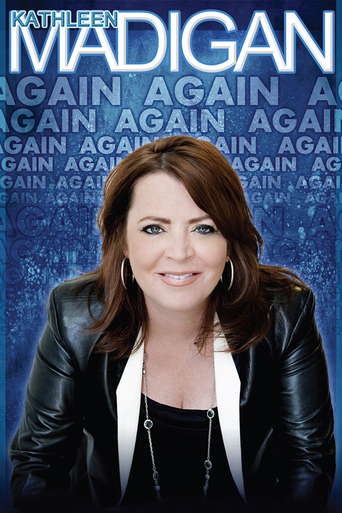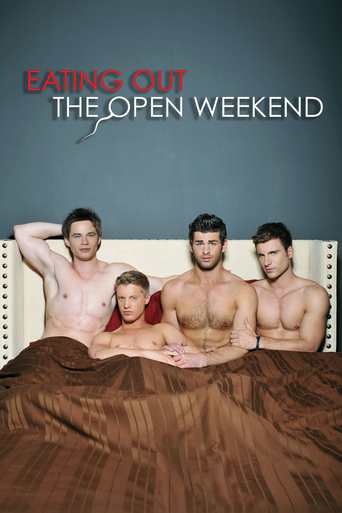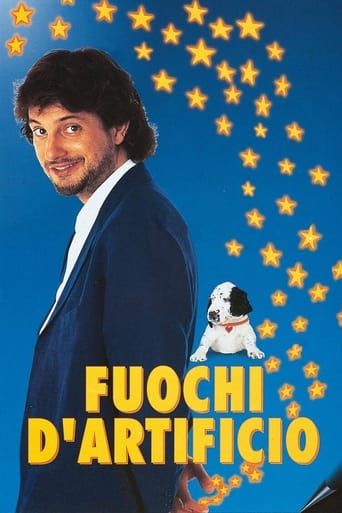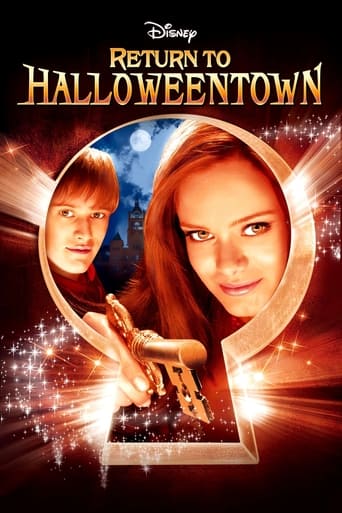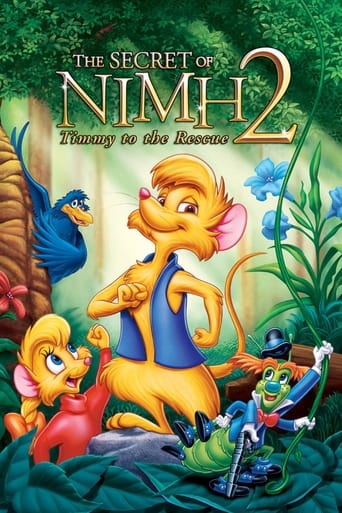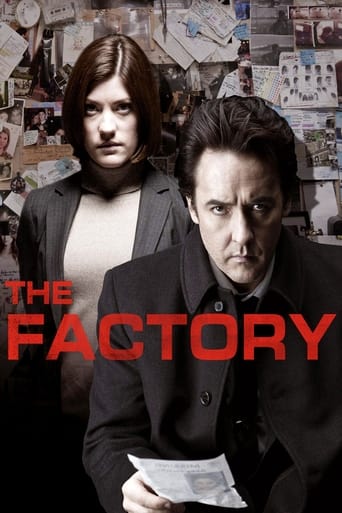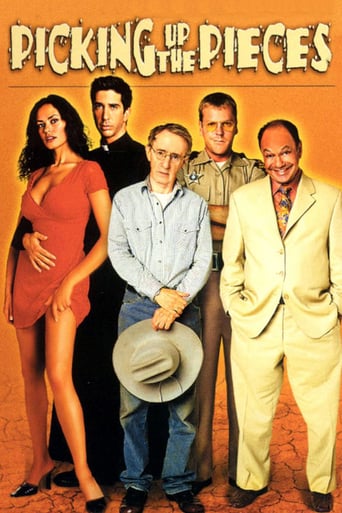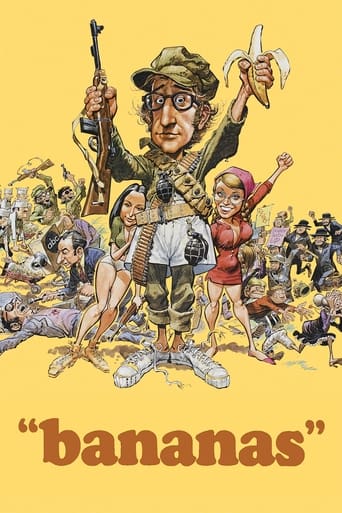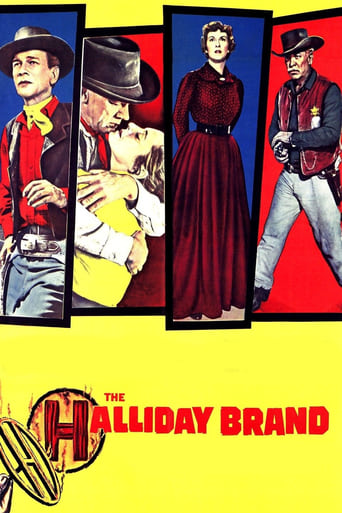


The Halliday Brand
Sheriff Halliday doesn't approve of his children dating or marrying half-breeds and his blind hate threatens to alienate his whole family.
-
- Cast:
- Joseph Cotten , Viveca Lindfors , Betsy Blair , Ward Bond , Bill Williams , Jay C. Flippen , Christopher Dark


Similar titles
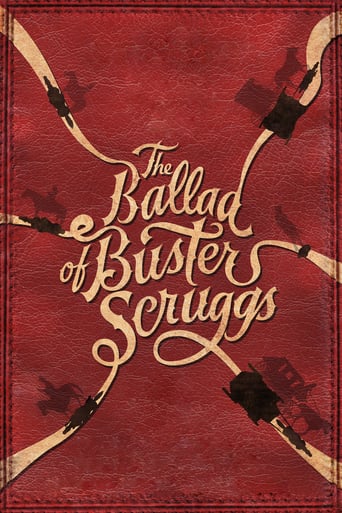
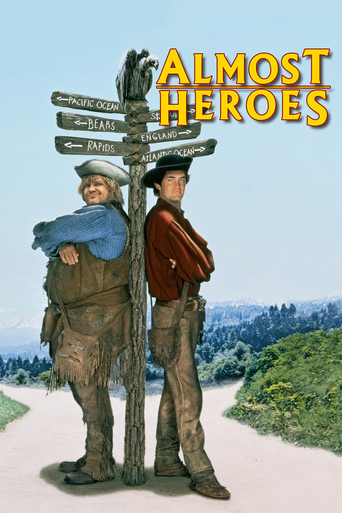
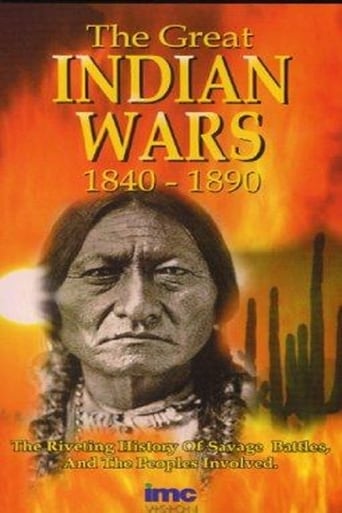
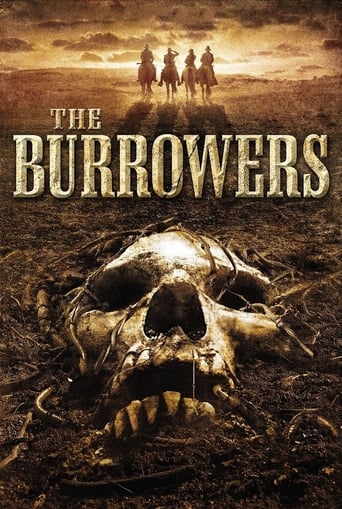

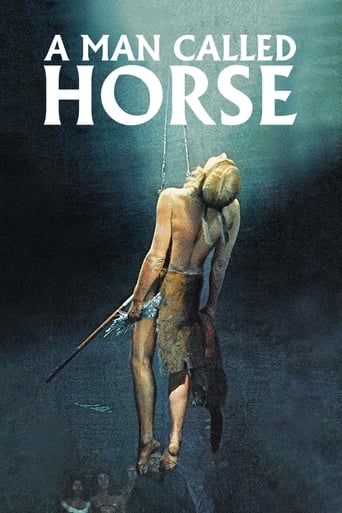
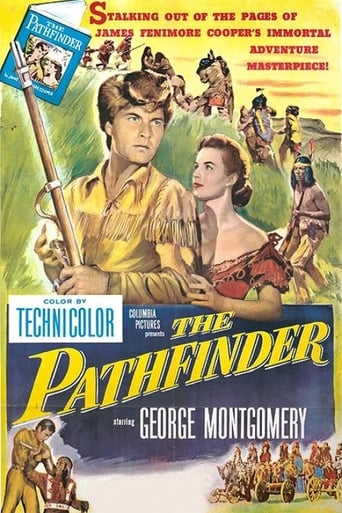
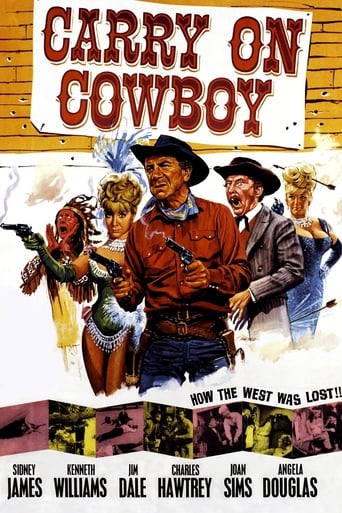
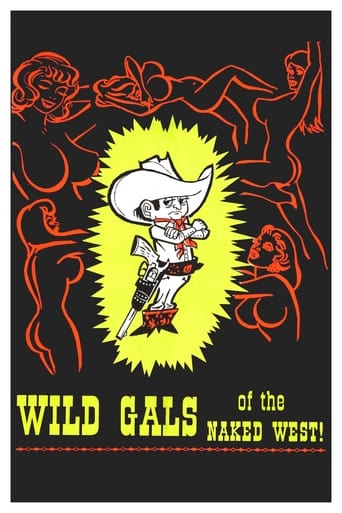
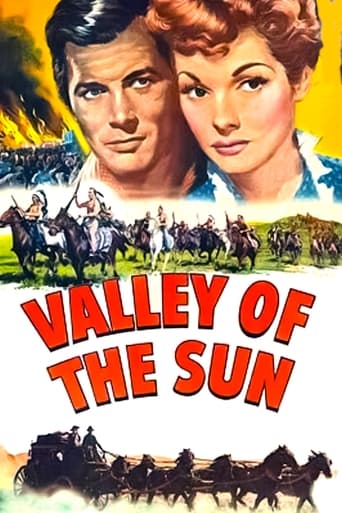
Reviews
Don't listen to the negative reviews
In truth, there is barely enough story here to make a film.
It's simply great fun, a winsome film and an occasionally over-the-top luxury fantasy that never flags.
what a terribly boring film. I'm sorry but this is absolutely not deserving of best picture and will be forgotten quickly. Entertaining and engaging cinema? No. Nothing performances with flat faces and mistaking silence for subtlety.
Apart from some of the singing, I enjoyed "The Halliday Brand" quite a bit. While I am not normally a huge western fan, the Oedipal style story is timeless.When the story begins, Martha (Betsy Blair) is carrying on a covert relationship with a man who is half American Indian. Her father, Big Dan (Ward Bond), is a bigot and so she's been hiding this from him. When he does find out, he's predictably furious...but what happens next shocks everyone. Soon Big Dan stirs up the locals and the boyfriend is murdered. Big Dan's son, Daniel (Joseph Cotten), is furious and naturally blames his father. But Big Dan isn't finished....his infamy seems to know no bounds. Soon, however, he's pushed Daniel so hard that Daniel makes it his life's work to destroy the man.In many ways, this reminds me of one of the greatest westerns, "The Big Country". This film also is about the father-son relationship as well as two patriarchs who are too proud to bend in any way. Both should be watched...just try to ignore the moaning lady 'singing' some of the music...that "The Halliday Brand" could do without!
Well there's certainly enough hate to go around in this picture, with the theme explored from various vantage points by director Josph Lewis. I've seen Ward Bond in a wide range of roles, mostly Westerns, but this is by far his most compelling performance. He's a character who just won't let go, and in turn, forces his own son to become a virtual mirror image of himself. The Halliday Brand is symbolized by various signposts along the way - the tree stump axe, Daniel's (Joseph Cotten) usurpation of the family trademark in the cattle stampede, and none more searing than the senior Halliday's declaration in my summary line. For he's willing to fight to keep his family blood line untainted by inter-racial marriage which threatens on two fronts. Daughter Martha (Betsy Blair) has sacrificed her entire life to be suffocated by the Halliday Brand, and when her betrothed is murdered by a lynch mob, brother Daniel takes up the cause to vindicate his death. Standing on the sidelines is brother Clay (Bill Williams), unable to prevail in the name of reason on either side. The emotional pitch gets intense as Daniel resorts to lawlessness and violence to confront his father's arrogance. It's not a comfortable picture to watch, made more harrowing by the absence of any breaks in the tension. The story never sets the viewer up for a reconciliation, and on that score it succeeds, as the Hallidays are finally left broken and dispirited by the paths they have chosen.
1957 was just about the peak year for Westerns on TV and the theater screen. In fact, there was almost enough phony gunsmoke floating around to blot out the sun and maybe a few stars. Okay, I exaggerate a bit, but it's small wonder that a worthy little effort like this got lost in the six-gun crowd. Looks to me like a large-scale story done on a small-scale budget with a number of aging yet very skillful players. Never mind that dad Bond is only 3 years older than "son" Cotton or that Lindfors looks about as Indian as I do. When you've got Bond heading up the cast as a stubborn old patriarch and town sheriff, you've got the makings of strong drama. And a strong drama it is with Cotton feuding with Dad over the race mixing going on over at JC Flippen's place. Worse, Bond's daughter has eyes for Flippen's half- breed son, while Cotton's taking a fancy to the half-Indian daughter, Lindfors. At the same time, crusty old patriarch Bond insists on family tradition and, by golly, that doesn't include anyone who was there on the rock to meet the Pilgrims. Now all sorts of trouble are brewing since Bond not only represents family but the law as well.I suspect that if you dig into the screenplay a little, you can come up with a political allegory that reflects deeper social movements of the time. Be that as it may, the story is big enough and the cast strong enough to warrant much better production values than what we get. Too bad, the filming was limited to the ugly scrublands around LA. This is a package that needs a scale of landscape to match the scale of the story, which apparently was more than the independent producers could afford. It looks like sacrifices had to be made and it was setting more than cast or story that was sacrificed. Anyway, the contest of wills between father and son remains explosive, even though the racial theme has lost cutting edge to the years. In passing—note how we're never shown Cotton actually committing the harassing acts he resorts to, like burning the water tower, or scattering the bank papers. Instead, he's shown skulking around the site. My guess is that was so the audience would not turn against this sympathetic character, even though he commits questionable acts. All in all, it's a good chance to see some fine actors doing their thing, including the often overlooked Betsy Blair.
'The Halliday Brand' is the penultimate film by cult B-movie meister Joseph H Lewis. He began his career with some anonymous oaters, before first arousing attention with the taut thriller 'My Name is Julia Ross'. He then progressed to the heights of 'Gun Crazy', and 'The Big Combo', and aptly concluded his career with some more Westerns including the bizarre, final 'Terror in a Texas Town'. Since it was 'rediscovered' in the 80's, his work has been admired by luminaries such as Godard and Bogdanovich.'The Halliday Brand', is among the best of his Westerns, displaying many of the hallmarks of Lewis' most successful work. Even so, it remains less well known than his more celebrated noirs. Perhaps this is because while they test the boundaries of genre with formal experiments - the robbery shot from the back of the car in 'Gun Crazy', or the deaf-aid death scene in 'The Big Combo' for instance, 'Halliday' remains intense but more conventional, less dynamic. (Having said that, the use of a flashback in a Western still seems a novelty.) In addition, its social concerns seem less urgent than they once might have done.At the centre of the present film is Big Dan Halliday, played by Ford veteran Ward Bond. At its heart, the touchy issue of miscegenation, and familial/racial pride. In the decade or so after the film's appearance, the issue of racial segregation was to become a key note of the burgeoning civil rights movement. The marriage of blacks to whites was still illegal in several states. The fact that Lewis' film tackles such bigotry head on is a testament to its bravery and, in some respects, to Lewis' integrity as a film maker. The impact of the film is made the greater by the fatherly presence of Bond/Big Dan. A close friend of John Wayne, Bond's well known real life political conservatism gives his role significantly more impact. In fact this may be Bond's best film in a major part, although his blustering sensibilities had been familiar and effective down the years as supporting actor or heavy.As the estranged son Daniel, Joseph Cotton gives an effective account of himself, although the urbane persona of the actor seems slightly jarring on the open range. He is perceptibly more at ease as a failed Western writer (Holly Martins in 'The Third Man' (1949)), than Western hero per se. (Cotton was used to much better effect in the genre by Corbucci a few years later, in the spaghetti 'The Hellbenders/Il Crudeli (1966)). Daniel's search for justice is a little too civilised, less wrathful than vexed. A comparison with the wronged, vengeful Glenn Ford in a film like 'The Violent Men', Maté's 1955 Western, illustrates the point. Ford's character is bitter, sacrificing, calculating and cold; Cotton's is almost apologetic as he sets to work robbing and burning to bring his proud father to his knees. But Cotton has undoubted elan and class as an actor, partly due to his association with Orson Welles (in fact his next role was as the doctor in 'Touch of Evil'). Bond and he make for a fascinating pairing, never uninteresting as they play off each other.Daniel's romance with the indian Aleta is an ironic one; her brother and father have been killed directly or indirectly by Halliday senior. She is naturally drawn to the kindly son who takes issue with the crimes vested upon her family, until she "can't take her eyes off him". The earlier, doomed, dalliance between Jivaro and Martha thus proves the soil in which a new love can sprout. Although there is no doubt that the earlier match would have been a secure one, one feels that Daniel and Aleta's union, born in adversity, will prove the strongest.The Halliday 'brand' of course has more than one meaning. Literally, it refers to the mark on the hide of cattle, or the distinctive (and phallic) axe-in-the-log symbol, prominent twice within shots: at the start of the film, then at the end. (Daniel uses his own form of this brand to indicate his rebelliousness.) But, especially for Big Dan, the 'brand' has a more profound significance: that of personal honour, reputation, and specifically the undiluted nature of the family blood. "The Halliday Brand stands for a lot of things" he declares at one point; ironically his own bigotry and aversion to inter-racial marriage in the family means the brand is something unpleasant and continuously narrowing. For Daniel, of course, the 'brand' is that of shame. That of his father's dubious law enforcement methods in general, and his racist injustice in particular.Lewis' film is distinguished by several long, one-take scenes. The opening camp side interview between Daniel and his bother Bill; the extended love scene between Jivaro and Martha (which recalls the 'wedding fantasy' scene of Ray's 'Johnny Guitar' (1953)), or the relaxed bedroom scene between Daniel and his father. Through this lack of cutting the intensity of events, as in the climactic confrontation at the feet of the newly hanged and cut down Jivaro, is heightened. Long, or continuous, takes can be very liberating for viewer and actor. Characters are free to move around the view plane, the audience's eye choosing to follow them or not, without the 'artificial' emphases of close up or reaction shots. It's a uncluttered style, involving some planning, open to more risks in shooting. The economy and expressiveness which results is very characteristic of the director - as is the awareness of fore- and background space, and expressive camera movements.As a B-film, 'The Halliday Brand' betrays its origins. Apart from the old stagers Bond and Cotton (and the ever reliable C Jay Flippen in a small part) the acting never really rises above adequate, and an over-emphatic musical score (a wordless soprano whenever Dan and Aleta meet, for instance) is sometimes intrusive. But it is a taut, intelligent film, and one which can be recommended to admirers of this director.

